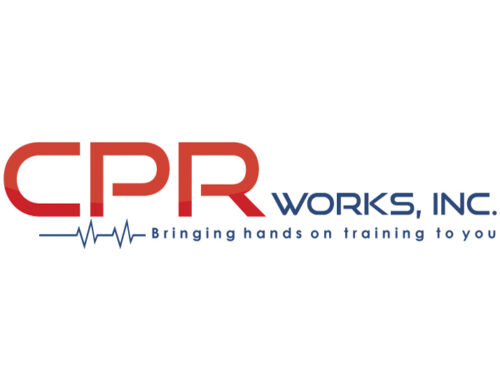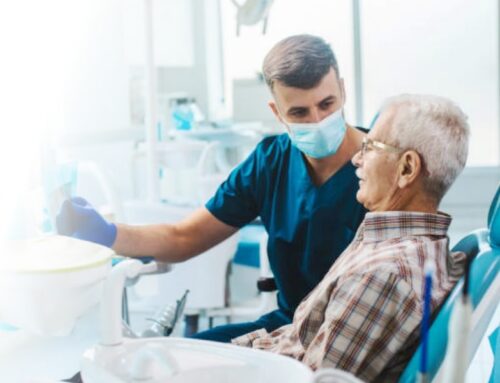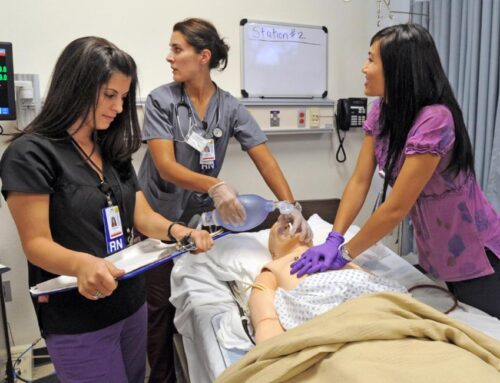In an emergency, whether inside or outside of a hospital, Basic Life Support (BLS) is a critical medical intervention that can mean the difference between life and death. The American Heart Association (AHA) provides specialized training in BLS, giving people the necessary skills to save lives in cardiac and respiratory emergencies. Although BLS is frequently connected to medical personnel, it is also important in non-hospital environments where prompt action can be critical in preventing the need for emergency medical assistance.
In situations outside of hospitals where time is crucial, this training is extremely crucial. The odds of surviving cardiac arrest drop by roughly 10% for each minute that goes by without help.
AHA BLS also covers the use of AEDs, which are becoming more common in public areas. People with BLS training can determine whether an AED is necessary and know how to use it correctly quickly. Bystanders can shock a victim of sudden cardiac arrest to restore their heart’s normal rhythm because AEDs are readily available in public places.
Finally, AHA BLS training is not limited to medical professionals. It is an essential skill set for anyone who might experience medical emergencies outside of hospitals, enabling them to respond swiftly and efficiently to preserve lives.
- Charlotte
- Rock Hill
- Gastonia
- Concord
- Cornelius
- Monroe
- Harrisburg
- Matthews
- Mint Hill
- Fort Mill
- Indian Land
- Kannapolis
- Belmont
- Wilmington
- Jacksonville
- Shallotte
- Carolina Beach
- Surf City
- Hampstead
- Sneads Ferry
- Leland
- Southport
- Greensboro
- High Point
- Hickory
- Columbia
- Florence
- Myrtle Beach
- North Myrtle Beach
- Surfside Beach
- Myrrells Inlet
- Conway
- Ocean Isle Beach





Leave A Comment